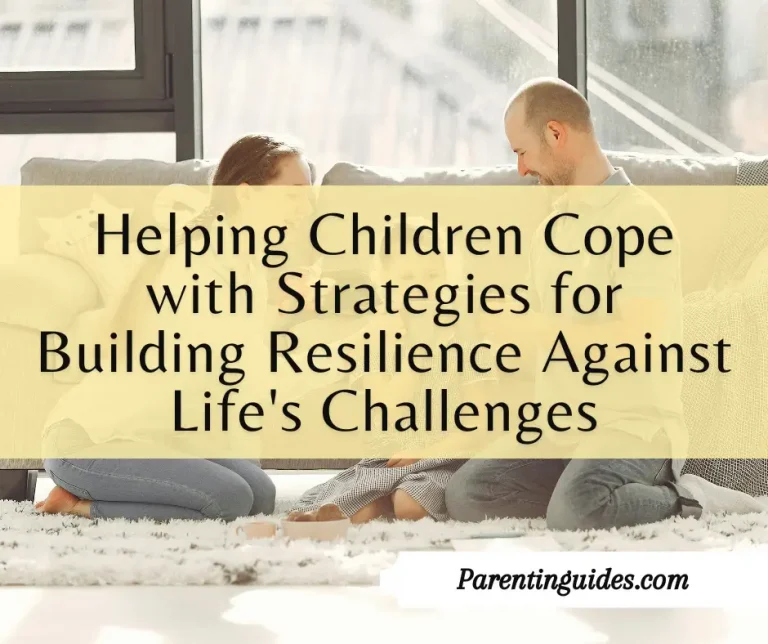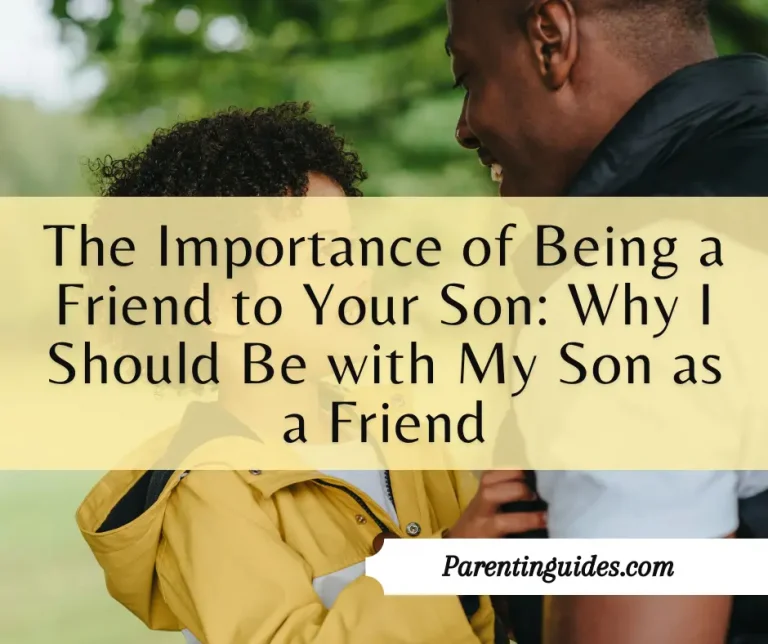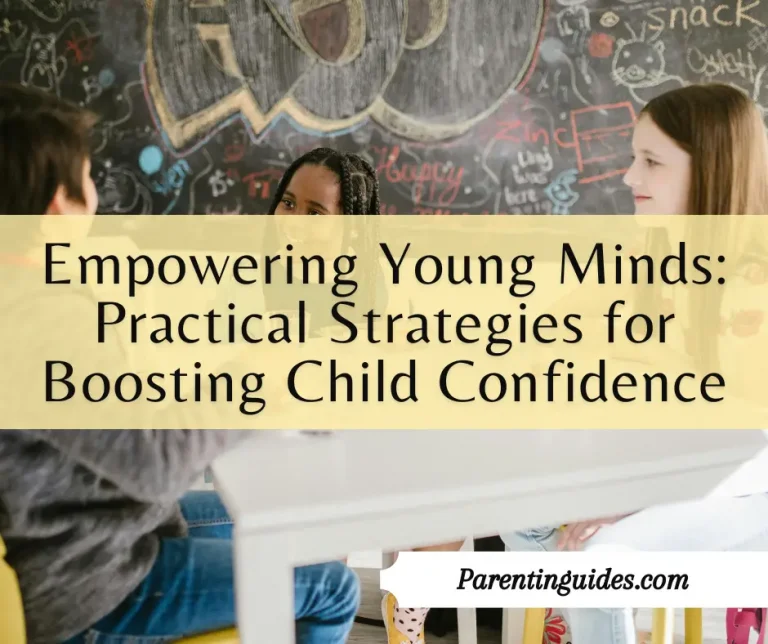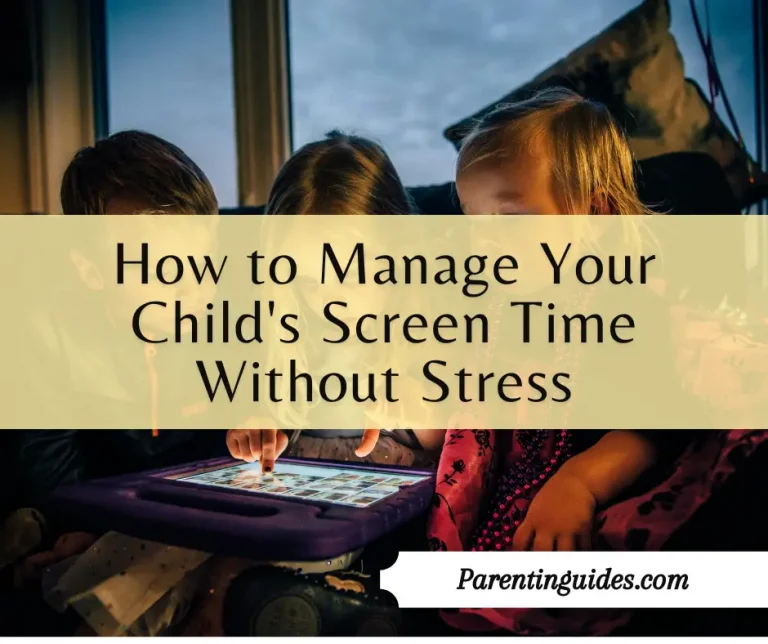Dealing with a difficult adult daughter can be one of the most challenging aspects of parenting. Many clients ask, “How do I deal with a difficult adult daughter?” It’s a question that resonates deeply because it involves complex emotions and a lot of patience. When your daughter becomes an adult, the dynamics of your relationship change significantly. It’s no longer about guiding a child but rather navigating a relationship with another adult with her own opinions and choices.
In my experience as a counselor, I’ve seen numerous parents struggle with this transition. They often feel hurt, confused, and sometimes helpless when their adult daughters struggle to manage. The key is understanding that the root of these difficulties often lies in communication issues, generational differences, and unmet expectations. Recognizing these underlying causes is the first step toward fostering a better relationship.
One of my clients, for example, was dealing with a daughter who was extremely critical and distant. The mother constantly wondered, “How do I deal with a difficult adult daughter who seems to reject everything I say?” Through our sessions, we discovered that a lot of the tension came from miscommunications and unresolved past conflicts. By addressing these issues head-on and learning new communication strategies, their relationship began to improve.
Another client shared how she struggled with her daughter’s independence. She found it hard to let go and allow her daughter to make her own decisions. This led to frequent arguments and a strained relationship. We worked on setting boundaries and respecting each other’s autonomy, which significantly improved their interactions. The mother learned that to deal with a difficult adult daughter, she needed to support her daughter’s independence while still maintaining a loving connection.
Throughout this article, I will share more experiences and strategies that have proven effective to deal with a difficult adult daughter. Remember, the journey towards a better relationship takes time, patience, and a willingness to understand and adapt.

Understanding the Roots of Conflict
Communication Barriers
One of the primary reasons for conflict between parents and their adult daughters is communication barriers. When I work with clients, the question “How do I deal with a difficult adult daughter?” often comes up due to miscommunications. Misunderstandings can quickly escalate into arguments if not addressed properly.
For instance, one client felt her daughter was dismissive and disrespectful during conversations. This led to constant frustration and hurt feelings. We explored the way they communicated and found that both were talking but not really listening to each other. By practicing active listening, they started to understand each other’s perspectives better.
Another common issue is the difference in communication styles between generations. Older generations might prefer face-to-face conversations, while younger ones might rely more on digital communication. This mismatch can create a sense of disconnection. I always advise parents to adapt and find a middle ground. Remember, to deal with a difficult adult daughter, communication is essential to be maintained properly.
Generational Differences
Generational differences can play a significant role in the conflicts between parents and their adult daughters. When parents ask me, “How do I deal with a difficult adult daughter?”, it often turns out that their values and expectations differ significantly from their daughter’s.
One client experienced this with her daughter, who had different views on career choices and life priorities. The mother valued stability and traditional career paths, while the daughter was passionate about pursuing a less conventional career. These differences led to frequent arguments and a strained relationship. Through our sessions, the mother learned to respect her daughter’s choices and offer support rather than criticism. This shift helped to reduce tension and foster a more supportive relationship.
Another example is when parents and adult daughters clash over lifestyle choices, such as living arrangements or relationship decisions. One father struggled with his daughter’s decision to live with her partner before marriage. This caused a lot of friction until he realized that his daughter’s choices were a reflection of her independence and modern values. By accepting her decisions and discussing his concerns openly and respectfully, they managed to find common ground.
Independence and Control
One of the most challenging aspects, when you deal with a difficult adult daughter, is balancing her need for independence with your desire to offer guidance and support. Many parents struggle with letting go, leading to power struggles and conflicts.
One of my clients, for example, had a hard time accepting her daughter’s decisions about her personal life. She felt that her daughter was making mistakes and wanted to intervene. However, this only pushed her daughter further away. We worked on strategies to respect her daughter’s independence while still being a supportive parent. This involved setting boundaries and understanding when to step back.
Another client dealt with a similar issue where his adult daughter felt suffocated by his constant advice and involvement in her life. He learned to offer support only when asked and to trust his daughter’s ability to make her own decisions. This approach helped in reducing conflicts and building mutual respect.
Balancing independence and control is crucial. It involves recognizing that your daughter is now an adult and capable of making her own choices. Supporting her independence doesn’t mean you can’t offer guidance, but it should be done in a way that respects her autonomy.
So, to deal with a difficult adult daughter, it’s essential to find a balance between providing support and respecting her independence. This approach fosters a healthier and more respectful relationship.

Effective Communication Strategies to Deal with a Difficult Adult Daughter
Active Listening Skills
Active listening is a cornerstone of effective communication. When you deal with a difficult adult daughter, practicing active listening can make a significant difference. This involves fully concentrating on what she is saying, understanding her message, responding thoughtfully, and remembering what was discussed.
For instance, a client of mine struggled because her daughter felt unheard and misunderstood. We worked on active listening techniques, such as maintaining eye contact, nodding, and summarizing what was said to ensure understanding. This simple shift in how she listened made her daughter feel valued and respected, improving their communication significantly.
Another client found that by listening more and talking less, he was able to understand his daughter’s perspective better. This helped him address her concerns more effectively and reduced the frequency of their arguments. Active listening helped him deal with his difficult adult daughter by creating an environment where she felt heard and appreciated.
Incorporating active listening into your daily interactions can help you deal with a difficult adult daughter more effectively. It shows her that you care about her feelings and perspectives, paving the way for more open and productive conversations.
Expressing Feelings Appropriately
Expressing your feelings appropriately is vital in maintaining a healthy relationship when you deal with a difficult adult daughter. It’s about sharing your emotions without blaming or criticizing her, which can lead to defensiveness and further conflict.
One client shared how expressing her feelings calmly and constructively helped in dealing with her difficult adult daughter. Instead of saying, “You never listen to me,” she learned to say, “I feel hurt when I feel unheard.” This approach reduced the likelihood of arguments and helped her daughter understand her feelings better.
Another example is a father who struggled with anger and frustration when communicating with his daughter. By learning to express his emotions calmly and clearly, he managed to have more productive conversations. He would say, “I feel concerned when you make certain decisions because I care about your well-being,” instead of reacting with anger or criticism. So, expressing your feelings appropriately can help you deal with a difficult adult daughter more effectively.
Setting Boundaries in Conversations
Setting boundaries in conversations can help you deal with a difficult adult daughter more effectively. It helps in maintaining respect and ensuring that discussions remain productive and focused.
One of my clients struggled because conversations with her daughter often escalated into arguments. We worked on setting clear boundaries, such as agreeing not to raise voices and taking breaks if the conversation became too heated. These boundaries helped in creating a more respectful and calm environment for discussions.
Another client found that by setting boundaries around sensitive topics, they could avoid unnecessary conflicts. They agreed to discuss certain issues only when both were calm and ready to listen. This approach helped in reducing the frequency and intensity of their arguments.

Building Empathy and Understanding to Deal with a Difficult Adult Daughter
Walking in Her Shoes
One of the most effective ways to deal with a difficult adult daughter is to see things from her perspective. It’s crucial to understand her feelings, motivations, and experiences. This approach can transform your relationship. Many parents I’ve worked with have found this to be a game-changer.
For example, one client shared how she struggled to connect with her daughter, who was constantly distant and unresponsive. When she started to see things from her daughter’s point of view, she realized her daughter felt overwhelmed by her own life challenges. This understanding helped her approach her daughter with more empathy and patience. The change in perspective allowed her to support her daughter better, reducing conflicts significantly.
Another client was dealing with a daughter who was making life choices that seemed reckless. By trying to understand her daughter’s viewpoint, he discovered that his daughter was seeking independence and validation. He then changed his approach, offering guidance rather than criticism. This shift helped in dealing with his difficult adult daughter more effectively. Understanding your daughter’s perspective helps you to connect with her on a deeper level.
This approach doesn’t mean you have to agree with everything your daughter does. It simply means acknowledging her feelings and experiences. This can lead to more meaningful conversations and a stronger bond. To deal with a difficult adult daughter, always remember to walk in her shoes.
Recognizing Her Achievements and Struggles
Acknowledging your daughter’s achievements and struggles is vital to deal with a difficult adult daughter. When you recognize what she has accomplished and what she is going through, it shows that you value her efforts and challenges. This recognition can be a powerful tool in dealing with a difficult adult daughter.
One of my clients had a daughter who felt constantly judged and undervalued. The mother started to make a conscious effort to acknowledge her daughter’s successes, no matter how small. She would say things like, “I’m proud of you for handling that situation so well,” or “I see how hard you’re working.” These affirmations helped in bridging the gap between them. Her daughter started to open up more, feeling seen and appreciated.
Another client had a daughter struggling with a demanding job and personal issues. The father began to acknowledge her efforts and struggles, saying things like, “I know you’re going through a tough time, and I’m here for you.” This simple act of recognition helped in easing the tension and fostering a better relationship. Dealing with a difficult adult daughter often requires acknowledging her journey, both the highs and the lows.
Healing Old Wounds
Addressing past conflicts is crucial to deal with a difficult adult daughter. Unresolved issues can create a barrier in your relationship. Healing these old wounds can pave the way for a better connection.
For instance, one of my clients had a strained relationship with his daughter due to past misunderstandings. They decided to have an open conversation about these issues, with each party sharing their feelings and perspectives. This honest dialogue helped them understand each other better and heal old wounds. It wasn’t easy, but it was necessary for rebuilding their relationship. This process is essential when trying to deal with a difficult adult daughter.
Another client had a daughter who harbored resentment from her teenage years. The mother took the initiative to apologize for past mistakes and misunderstandings. This act of acknowledging and apologizing for past hurts helped in mending their relationship. It showed her daughter that she was willing to take responsibility and make amends. Healing old wounds is a critical step in dealing with a difficult adult daughter.
It’s important to approach this process with patience and sincerity. Acknowledge the pain, take responsibility where necessary, and be willing to forgive. This healing process can lead to a more open and trusting relationship. To deal with a difficult adult daughter, focus on healing and moving forward.

Negotiating Solutions and Compromises
Identifying Common Ground
One of the key ways to deal with a difficult adult daughter is by identifying common ground. Finding areas of agreement can help you both feel understood and valued. In my experience, many parents struggle with this but find it very rewarding when they succeed.
For example, one client had a lot of conflicts with her daughter about career choices. They discovered that they both valued independence and financial stability. By focusing on these shared values, they were able to have more constructive conversations. Finding common ground helps in easing tensions and fostering a better relationship.
Another client found common ground with his daughter through their mutual love of cooking. This shared interest became a way for them to bond and reduce conflicts. Identifying common ground is a vital step to deal with a difficult adult daughter.
Flexible Problem-Solving Approaches
Flexible problem-solving is essential when you deal with a difficult adult daughter. It allows you to adapt to different situations and find solutions that work for both of you.
One client, for example, often argued with his daughter about household responsibilities. They decided to create a flexible schedule that considered both their needs. This approach reduced arguments and improved their relationship. Being flexible can make it easier to deal with a difficult adult daughter.
Another client had similar success by being open to her daughter’s ideas about managing family finances. They worked together to create a budget that met both their needs. Flexible problem-solving approaches help in finding effective solutions and building a stronger relationship.
Professional Mediation
Sometimes, it requires external help when you deal with a difficult adult daughter. Professional mediation can provide a neutral space to resolve conflicts and improve communication.
One of my clients was unable to resolve issues with her daughter on their own. They sought help from a mediator who facilitated their conversations. This helped them understand each other better and address their issues constructively. Professional mediation can be very effective when dealing with a difficult adult daughter.
Another client found therapy helpful in addressing deep-seated conflicts with his daughter. The therapist provided tools and strategies that improved their communication and relationship. Knowing when to seek professional help is crucial to deal with a difficult adult daughter.

Maintaining and Nurturing the Relationship
Regular Check-ins
One effective way to deal with a difficult adult daughter is to establish regular check-ins. Regular, non-confrontational interactions can help keep the relationship healthy and open. I’ve seen many clients benefit from this approach.
For example, a client named Linda started having weekly coffee dates with her daughter. These check-ins were casual and focused on catching up rather than discussing conflicts. This routine helped them stay connected and reduced misunderstandings. Regular check-ins can make a big difference when you deal with a difficult adult daughter.
Another client found that short, daily texts helped maintain a positive relationship with his daughter. These texts were simple messages of support and interest in her life. This small effort kept their lines of communication open and friendly. Regular check-ins, even brief ones, can help you manage a difficult relationship.
Shared Interests and Activities
Engaging in shared interests and activities is another great way to deal with a difficult adult daughter. Finding common hobbies or activities can strengthen your bond and create positive experiences together.
For instance, one of my clients discovered that she and her daughter both enjoyed hiking. They started planning monthly hikes together, which provided a neutral ground for bonding and communication. These shared activities helped improve their relationship significantly. Engaging in shared interests is a wonderful way to deal with a difficult adult daughter.
Another client found cooking together to be a great bonding activity. They experimented with new recipes and enjoyed the process of creating meals together. These shared moments built a stronger connection and reduced tension. Finding activities you both enjoy can help you deal with a difficult adult daughter more effectively.
Supporting Her Independence
Supporting your daughter’s independence is crucial to deal with a difficult adult daughter. It’s important to respect her autonomy while staying connected and supportive.
One client, Susan, struggled with letting go of control over her daughter’s decisions. She learned to offer support and advice without imposing her own views. This shift helped her daughter feel more respected and valued. Supporting your daughter’s independence can significantly improve your relationship.
Another client, John, made an effort to recognize and celebrate his daughter’s achievements. By acknowledging her successes and respecting her choices, he built a more trusting and supportive relationship. Supporting your daughter’s independence is key to dealing with a difficult adult daughter.

Conclusion
Dealing with a difficult adult daughter requires patience, understanding, and effective strategies. Throughout my counseling experience, I’ve observed that parents who ask, “How do I deal with a difficult adult daughter?” often benefit from addressing communication barriers, generational differences, and balancing independence with support. These steps can significantly improve the relationship.
Active listening and expressing feelings appropriately help foster better communication. Setting boundaries in conversations ensures respect and focus. Empathy, by walking in her shoes and recognizing her achievements and struggles, is crucial to building understanding. Healing old wounds is essential to moving forward positively.
Negotiating solutions through identifying common ground, flexible problem-solving, and seeking professional mediation when necessary can also make a big difference. Maintaining the relationship with regular check-ins, shared interests, and supporting her independence are key strategies.
Remember, to deal with a difficult adult daughter, it’s about adapting and growing together. The question, “How do I deal with a difficult adult daughter?” can be answered through consistent efforts to understand and respect each other. By applying these strategies, you can foster a stronger, more loving relationship with your adult daughter, overcoming the challenges together.









